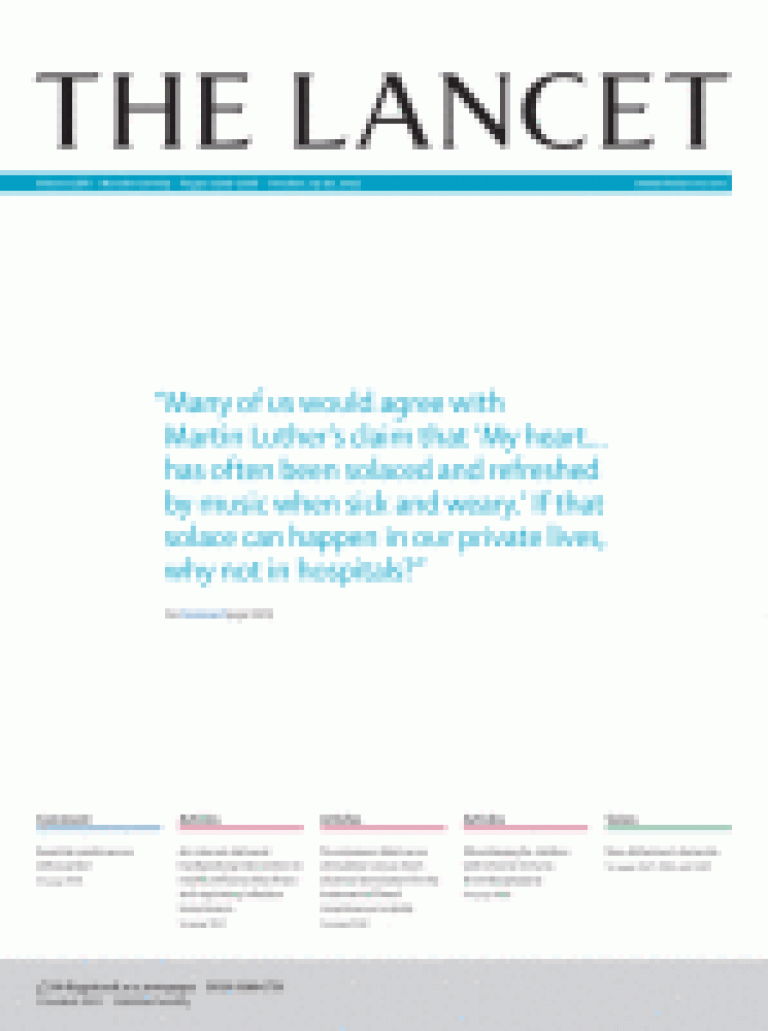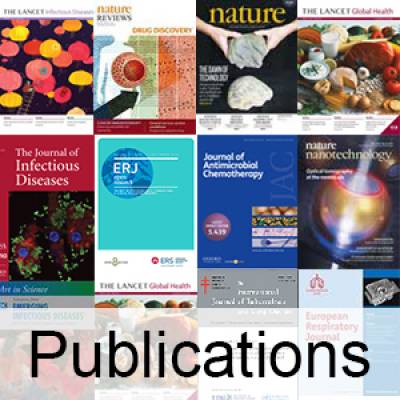Dr Lele Rangaka's paper in The Lancet
26 October 2015

"Controlling the seedbeds of tuberculosis: diagnosis and treatment of tuberculosis infection." Molebogeng X Rangaka, Solange C Cavalcante, Ben J Marais, Sok Thim, Neil A Martinson, Soumya Swaminathan, Richard E Chaisson
Summary
The billions of people with latent tuberculosis infection serve as the seedbeds for future cases of active tuberculosis. Virtually all episodes of tuberculosis disease are preceded by a period of asymptomatic Mycobacterium tuberculosis infection; therefore, identifying infected individuals most likely to progress to disease and treating such subclinical infections to prevent future disease provides a crucial opportunity to interrupt tuberculosis transmission and reduce the global burden of tuberculosis disease. Programmes focusing on single strategies rather than comprehensive programmes that deliver an integrated arsenal for tuberculosis control might continue to struggle. Tuberculosis preventive therapy is a poorly used method that is essential for controlling the reservoirs of disease that drive the epidemic. Comprehensive control strategies that combine preventive therapy for the most high-risk populations and communities with improved case-fi nding and treatment, control of transmission, and health systems strengthening could ultimately lead to worldwide tuberculosis elimination. In this Series paper we outline challenges to implementation
of preventive therapy and provide pragmatic suggestions for overcoming them. We further advocate for tuberculosis preventive therapy as the core of a renewed worldwide focus to implement a comprehensive epidemic control strategy that would reduce new tuberculosis cases to elimination targets. This strategy would be underpinned by accelerated research to further understand the biology of subclinical tuberculosis infections, develop novel diagnostics and drug regimens specifi cally for subclinical tuberculosis infection, strengthen health systems and community engagement, and enhance sustainable large scale implementation of preventive therapy programmes.
 Close
Close


